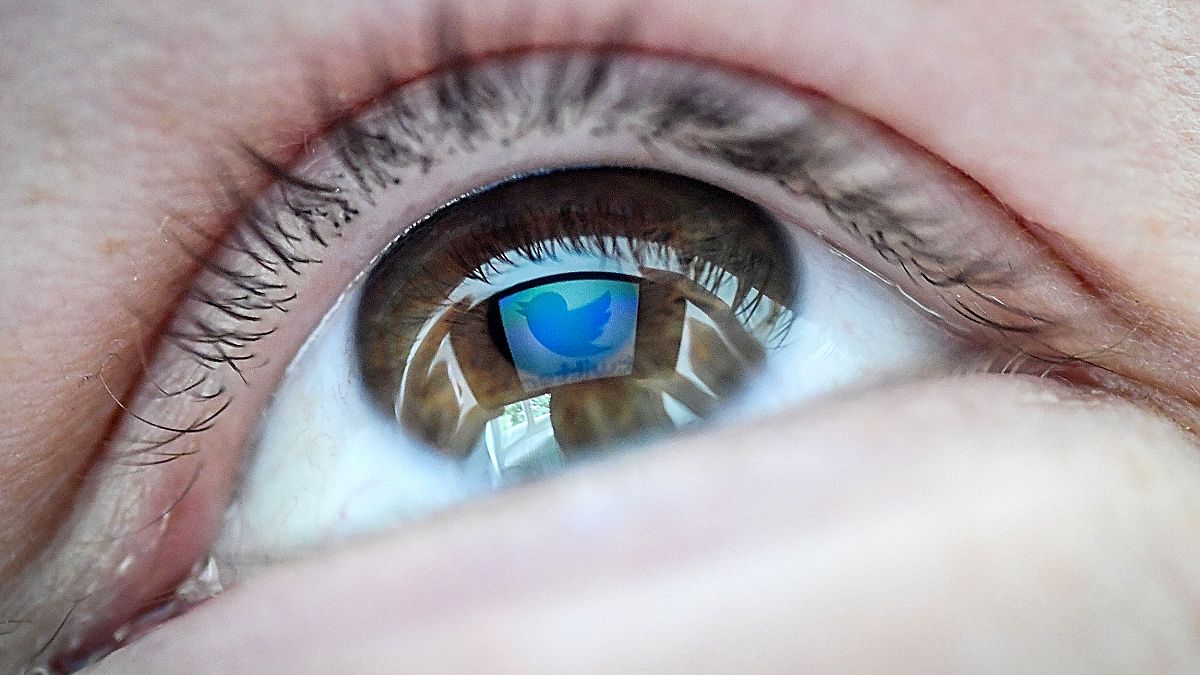"Many governments are finding that on social media, propaganda works better than censorship," Mike Abramowitz, president of Freedom House, said in a statement.
More of the world's governments are moving away from trying to censor social media and instead are turning to another tactic to influence public opinion: putting their own propaganda on the internet.
Freedom House, a nonprofit group that tracks free speech online, said in a report on Tuesday that it found political leaders in 38 countries had employed people to surreptitiously shape online opinions during the past year — a new annual high, according to the organization.
Tech executives including Facebook CEO Mark Zuckerberg have argued that their services allow unprecedented free expression, but the annual "Freedom on the Net" report paints a more dire picture, saying the future of internet freedom rests on people's ability to fix problems with social media such as abuse by repressive regimes.
"Many governments are finding that on social media, propaganda works better than censorship," Mike Abramowitz, president of Freedom House, said in a statement.
Russia orchestrated the best-known example of government propaganda and disinformation on social media when its operatives posted millions of times on Facebook, Instagram, Twitter and YouTube in the runup to the 2016 U.S. presidential election.
But Freedom House said similar efforts to shape public opinion through bots and fake accounts grew during the past year in countries such as Iran, Saudi Arabia and China. Freedom House labeled China the "world's worst abuser of internet freedom" for the fourth consecutive year.
Even traditional bastions of internet freedom have deployed what the organization called "informational tactics" to manipulate elections, meaning the coordinated use of hyperpartisan commentators, bots or news sites to disseminate false content, often with the backing of the government or a political party apparatus.
The countries using those tactics over the past year included the United States, Australia, Hungary and Italy, according to the report.
Freedom House said it consulted more than 70 analysts and used a 21-question research method to assess internet freedom worldwide. Factors included the blocking of social media services and new laws that criminalize online speech.
The report said overall global internet freedom declined for the ninth consecutive year in 2019. Of the 65 countries included in its assessment, 33 experienced a decline in free expression guarantees based on those 21 questions, while 16 registered increases.
Iceland was the world's best protector of internet freedom, Freedom House said, citing the lack of court cases cracking down on expression and strong protections for users' rights.












